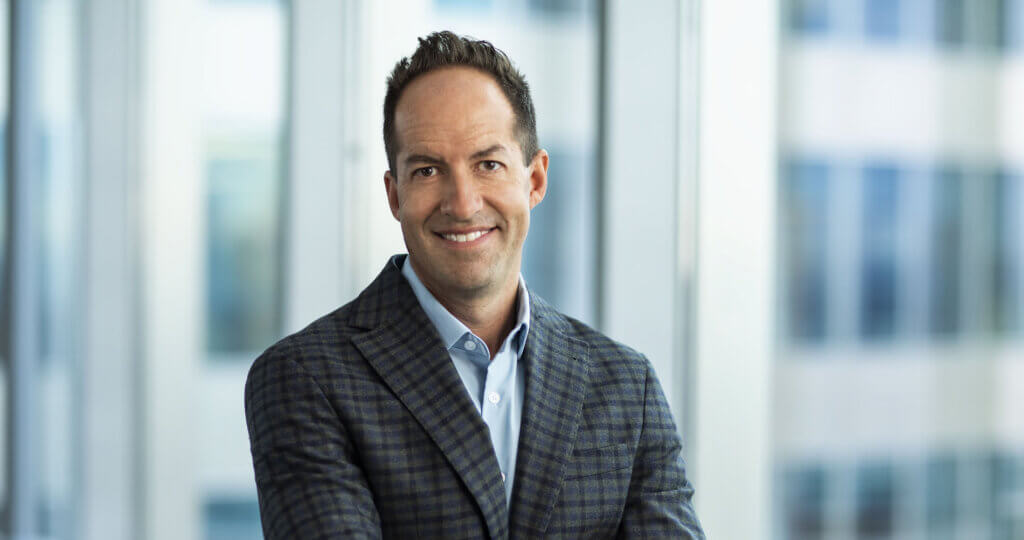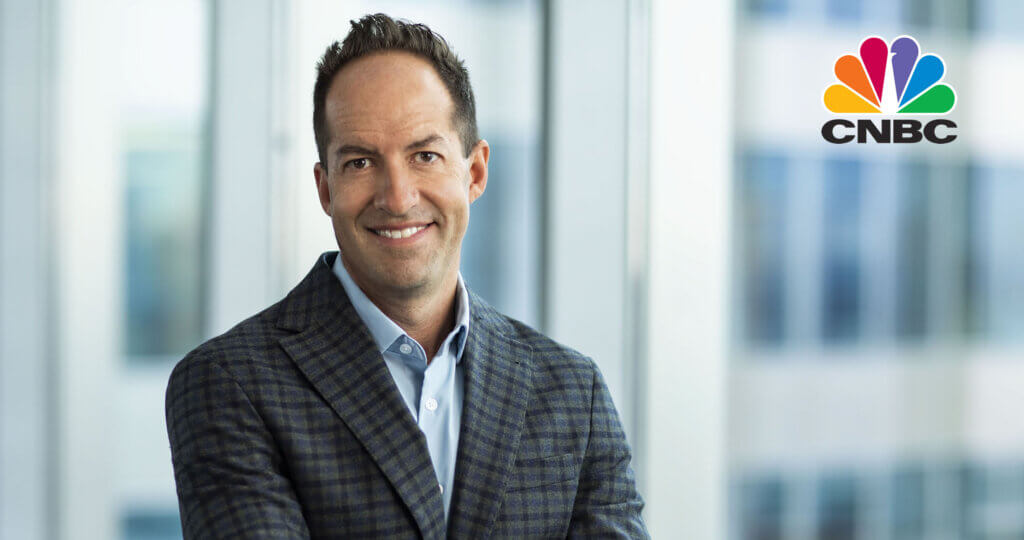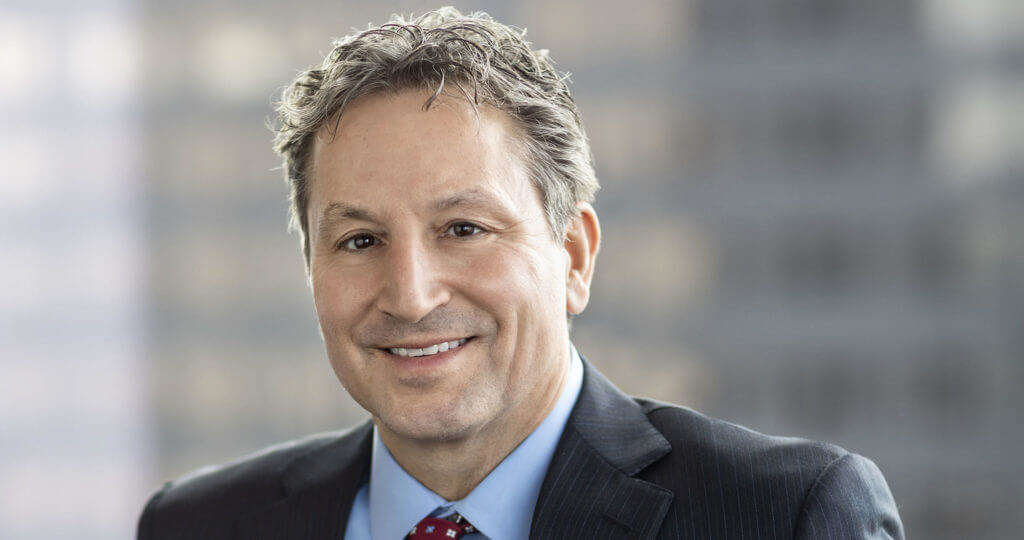Oakmark International Fund – Investor Class
Average Annual Total Returns 03/31/22
Since Inception 09/30/92 8.81%
10-year 6.12%
5-year 3.33%
1-year -8.66%
3-month -8.69%
Gross Expense Ratio: 1.07%
Net Expense Ratio: 1.05%
Expense ratios are based on estimated amounts for the current fiscal year; actual expenses may vary.
The net expense ratio reflects a contractual advisory fee waiver agreement through January 27, 2023.
Past performance is no guarantee of future results. The performance data quoted represents past performance. Current performance may be lower or higher than the performance data quoted. The investment return and principal value vary so that an investor’s shares when redeemed may be worth more or less than the original cost. The To obtain the most recent month-end performance data, view it here.
Oakmark International Fund returned -8.7% for the quarter ended March 31, 2022, compared to the benchmark, the MSCI World ex U.S. Index, which returned -4.8% for the same period. In addition, the Fund has returned an average of 8.8% per year since its inception in September 1992, outperforming the MSCI World ex U.S. Index, which has averaged 6.1% per year over the same period.
Bayer (Germany), a life science company with pharmaceuticals, consumer health and crop science divisions, was a top contributor to the Fund’s performance for the quarter. The company reported strong earnings results for 2021, in our view, with growth exceeding expectations across divisions. Notably, the crop science division delivered 11% growth, staging a robust recovery following two years of an agriculture downcycle and competitive challenges. Management’s increased guidance for crop science in 2022 calls for 7% organic growth and a 25-26% margin, which we believe is a key positive for the segment as it signals a long-awaited favorable transition toward profitable growth. In the pharmaceuticals division, revenue growth of more than 7% also bested expectations, supported by a strong recovery of Eylea, the continued growth of Xarelto and the slate of new products. Moreover, Bayer’s pipeline enjoyed notable successes in the period, including a favorable read-out for the cancer drug Nubeqa. We spoke with Bayer CFO Wolfgang Nickl during the quarter, who noted that tailwinds are robust in the business today. Notably, he expressed confidence in both the pricing and competitive backdrop in the crop science business as rate increases are layering into sales growth and cost cuts begin to come through. Nickl also reiterated Bayer’s expectations for continued growth in pharmaceuticals, driven largely by new launches and technologies.
Prosus (Netherlands), owing to its 29% stake in Tencent and the impact of the Russian invasion of Ukraine, was a notable detractor for the first quarter. Tencent was negatively impacted by fears of increased regulation and a poor macro backdrop that have negatively impacted fundamentals. We have spoken with numerous contacts on the changing regulatory landscape in China. Although we believe structural growth at Tencent will be lower in the future as a result of the new regulatory environment, it remains an excellent business with a high degree of innovation. Later during the quarter, Russia’s invasion of Ukraine weighed on companies with exposure to Russia. In Prosus’ case, its two Russian assets, Avito (the largest online classifieds company in Russia) and Mail.ru (the largest social media company in Russia), are now valueless, in our estimation, and resulted in a small reduction of our estimate of Prosus’ intrinsic value. While we are monitoring any new developments closely, we continue to believe Prosus remains extremely undervalued relative to its sum of the parts.
During the quarter, we were also disappointed to learn of the departure of Chairman Antonio Horta-Osorio from Credit Suisse (Switzerland) given his talents and the restructuring plan he initiated there. The company then delivered a disappointing fiscal year 2021 earnings report as a CHF 1.6 billion non-cash goodwill impairment exceeded our expectations and pressured results. Also of concern was the company’s weakened revenue generation as underlying fourth-quarter revenues declined CH 860 million from the year-ago period due primarily to weakness in the investment banking division. Management provided limited guidance for 2022 but reiterated that it would be a transition year, with expectations for about CHF 17 billion in adjusted operating expenditures for the fiscal year. Although the results were a bit disappointing and we understand that 2022 will be a transition year, we appreciate that the problems surfacing today are legacy issues and that Credit Suisse is taking the proper corrective actions to improve its franchise and earnings power over the medium term. It is also important to note that Credit Suisse has made significant changes to both its senior management team and its board of directors. Toward the end of the period, the company provided an update on its exposure to Russia, which it reduced since the end of 2021. We believe the remaining exposure, including credit exposure from derivatives and financing from the investment bank, has an immaterial impact on our estimate of the firm’s intrinsic value. Moreover, we remain hopeful that with the various management enhancements mentioned, especially in areas of risk control and compliance, Credit Suisse will live up to its potential and avoid the pitfalls of the past. In the appointment of Axel Lehmann as the new chairman, we hope that with his experience, along with the timely execution of this new strategic plan, that Credit Suisse will not only be strengthened but revitalized.
During the quarter, we consolidated several holdings, including selling our investments in Henkel Pfd (Germany), Ryanair Holdings (Ireland) and Naspers (South Africa) while maintaining exposure through the respective positions: Henkel (Germany), Ryanair Holdings ADR (Ireland) and Prosus (Netherlands).
We initiated the below positions during the quarter:
- Edenred (France) is a diversified digital services and payments platform that operates via three business segments: employee benefits, fleet & mobility, and complementary. We appreciate that the company is a technology leader that built and operates a two-sided network of corporate customers and merchant partners in specialized verticals. Within these verticals, users pay for goods/services with payment cards and/or digital wallets proprietary to Edenred that run on either the company’s closed-loop or filtered loop rails, providing a highly defensive business model. Moreover, we find that Edenred is well positioned to capture market share gains as its technology advantage and digital capabilities enable down-market penetration of small- and medium-sized enterprises that monetize at higher rates.
- Iveco Group’s (Italy) arrival in the Fund stemmed from CNH Industrial’s demerger of its trucks and commercial vehicles business in early January. We spoke with Iveco’s management team ahead of the split and believe that the powertrain business is reasonably competitive, while the buses division is decently profitable and resilient. In our view, the company also possesses an excellent light truck position and has the opportunity to recognize real profit improvement. We also believe Iveco remains an attractive takeover candidate.
- Philips (Netherlands) is a global provider of health technology products through its personal health, connected care, and diagnosis & treatment segments. After a year of poor share price performance stemming from a product recall within its sleep franchise as well as supply chain issues that proved more severe than its peers, we believe Philips is now priced attractively for long-term investors. Despite potential legal liabilities from the sleep recall, we believe the recent lost market share should mostly be recovered in the coming years due to a favorable market structure. Moreover, we appreciate the company’s 100% focus on the medical technology space following the sale of its domestic appliances business. We believe Philips’s current portfolio is positioned to support long-term revenue growth of about 5% per year and normalized margins in the mid-teens.
- Siemens (Germany) is an industrials conglomerate that provides technology solutions for automation and digitalization to customers across the globe. We appreciate the company’s efforts over the past several years to consolidate its business into three focused areas: digital industries, smart infrastructure and mobility. We think this has improved the company’s execution and resulted in greater than market growth, project charge eliminations and solid cash flow generation. In addition, the company’s leading automation hardware and software offerings create a scarce asset that aligns digitization tailwinds, in our estimation. We see opportunities for the company to close its profitability gap in key business units, providing potential value for shareholders.
- adidas (Germany) is a global sportswear company. The business is a leader in athletic footwear and apparel with a brand quality that helps to drive superior sales and margins across multiple segments and geographies. In our view, adidas’ shift to a vertical-based model in the past several years led to superior innovations and more consistent product development. Moreover, we believe the improved product, brand perception, sales and profitability have positioned the company well. We think sustained investments in brand, product and distribution should support above-market growth rates and improved margins moving forward. We also appreciate that CEO Kasper Rorsted executed structural changes decided before his arrival, which should lead to improved growth, margins and capital management.
We continue to believe the Swiss franc is overvalued versus the U.S. dollar. As a result, we defensively hedged a portion of the Fund’s exposure. Approximately 15% of the Swiss franc exposure was hedged at quarter end.
Geographically, we ended the quarter with approximately 84% of our holdings in Europe and the U.K., 10% in Asia, and 2% in Australasia. The remaining positions are 2% in North America (Canada) and 1% in Latin America (Mexico).
We thank you for your continued support.
The securities mentioned above comprise the following preliminary percentages of the Oakmark International Fund’s total net assets as of 03/31/22: adidas 0.9%, Bayer 3.8%, Credit Suisse 2.7%, Edenred 0.3%, Henkel 1.3%, Henkel Pfd 0%, Iveco Group 0.1%, Naspers 0%, Philips 0.6%, Prosus 2.5%, Ryanair Holdings 0%, Ryanair Holdings ADR 1.4% and Siemens 0.8%. Portfolio holdings are subject to change without notice and are not intended as recommendations of individual stocks.
The MSCI World ex U.S. Index (Net) is a free float-adjusted, market capitalization-weighted index that is designed to measure international developed market equity performance, excluding the U.S. The index covers approximately 85% of the free float-adjusted market capitalization in each country. This benchmark calculates reinvested dividends net of withholding taxes. This index is unmanaged and investors cannot invest directly in this index.
The Fund’s portfolio tends to be invested in a relatively small number of stocks. As a result, the appreciation or depreciation of any one security held by the Fund will have a greater impact on the Fund’s net asset value than it would if the Fund invested in a larger number of securities. Although that strategy has the potential to generate attractive returns over time, it also increases the Fund’s volatility.
Investing in foreign securities presents risks that in some ways may be greater than U.S. investments. Those risks include: currency fluctuation; different regulation, accounting standards, trading practices and levels of available information; generally higher transaction costs; and political risks.
The percentages of hedge exposure for each foreign currency are calculated by dividing the market value of all same-currency forward contracts by the market value of the underlying equity exposure to that currency.
The information, data, analyses, and opinions presented herein (including current investment themes, the portfolio managers’ research and investment process, and portfolio characteristics) are for informational purposes only and represent the investments and views of the portfolio managers and Harris Associates L.P. as of the date written and are subject to change and may change based on market and other conditions and without notice. This content is not a recommendation of or an offer to buy or sell a security and is not warranted to be correct, complete or accurate.
Certain comments herein are based on current expectations and are considered “forward-looking statements”. These forward looking statements reflect assumptions and analyses made by the portfolio managers and Harris Associates L.P. based on their experience and perception of historical trends, current conditions, expected future developments, and other factors they believe are relevant. Actual future results are subject to a number of investment and other risks and may prove to be different from expectations. Readers are cautioned not to place undue reliance on the forward-looking statements.
All information provided is as of 03/31/2022 unless otherwise specified.






